Good news from Gabon
Your impact is evident
Image courtesy of Roshni Lodhia/TNC.
Not long back I visited Gabon to see some of Space for Giants’ work there. A few hours drive east of Libreville, the capital, then a couple more hours on a speedboat down the mighty Ogooué river, sits Lake Oguemoué. It’s a tranquil spot: the wide open water fringed by rainforest and open grassy meadows backed by low, rolling hills. Tucked along the shore, a handful of villages are made up of a few painted timber houses, wooden canoes and fibreglass skiffs pulled up haphazardly on the narrow beach.
There are perhaps a couple of hundred people more or less permanently living here. Almost all of them earn their living from fishing. But that’s been getting harder and harder. People from distant towns are coming to the lake to fish, reducing what’s available for locals to catch. A fish virus recently wiped out almost all of the primary species of tilapia here. Covid-19 came and disrupted everything, as it did everywhere.
To try to let the fish stocks recover, and then last year after year, a local organisation Space for Giants works with called OELO has supported people around Lake Oguemoué to form cooperatives to plan where and when they fish and monitor their catches to be sure they’re sustainable. Part of that planning means agreeing sometimes not to go out to fish, or to leave some areas entirely untouched to be breeding sites, or “fish nurseries”.
I’m sure you’re wondering what this has to do with what you know Space for Giants does. Well, when people don’t earn their daily bread from fishing, they earn it from farming. And this is an area with many forest elephants. Villagers were reporting that as they expanded their farms to help make ends meet when the lake was closed, the number of elephant raids on their crops increased.
With funding from The Nature Conservancy, and working with OELO with the support of the Gabonese National Parks Agency, ANPN, Space for Giants has installed two solar-powered electrified fences around two agricultural plots here. It’s a pilot programme to see if our renowned know-how in keeping elephants out of farmers' fields can be shifted from the savannahs of East Africa to the rainforests of central Africa. Interestingly, we’re starting in these farms in Gabon with simple single-strand fences rather than the full-spec versions with their highly-complicated designs deployed in Kenya and elsewhere.
From what people told me when I visited, it’s been a near-total success. In a village called Ondimba, Victorine Akeremanga showed me the fence Space for Giants and OELO had strung around her cassava fields. “The elephants used to come every night, especially when our food was close to harvest,” she said. “You can’t sleep, you lie awake waiting, then you have to go out to bang pots to try to scare them away. Now, since the fence is here, it’s all changed. Some elephants came and found the fence, they touched it and were gone, they didn’t come back.”
Image courtesy of Roshni Lodhia/TNC.
Across the lake, Peter Ofiri, who helps maintain the other fence, said elephants used to come every day. “We used to plant and then every time the elephant came and spoiled our crops, wasting our energy,” he said. “But now since the fence is here, it’s stopped.” What that means for people like Victorine and Peter is higher harvests and more income. “We’re eating well, we have plenty of food to sell so we can use the money for daily needs, and for things like school fees,” says Peter.
What it means for this extraordinary ecosystem is the lake’s biodiversity has time to recover. The forest’s elephants are causing less harm to local communities and their businesses, making them better tolerated and cutting the chances they’ll be poached or harmed. Here where agriculture was traditionally slash-and-burn, it also means farmers are planning to stay on the same fields for many planting seasons. That reduces the amount of forest lost to farms. Finally, it means that if people can earn enough from their crops, they are less likely to turn to trapping wildlife in the forest for their family’s food, or to sell.
This pilot is close to proving its point here at Lake Oguemoué. The plan is to install more of these fences throughout rural Gabon where elephants pose problems for farmers. The Ministry of Water and Forests and the ANPN are helping to identify ‘human-elephant conflict’ hotspots. Already, working with another Gabonese NGO, Muyissi Environnement, we’ve helped get another 13 fences up and running in central Gabon. Beyond that, we’re working on a large-scale strategy to tackle human-elephant conflict here, with generous support from Assala Upstream, the Elephant Crisis Fund, Elephant Cooperation, the US Fish and Wildlife Service, and Vaalco.
Single-strand electrified fences are a simple, cost-effective technological solution that can have outsize impacts on the natural landscapes of this extraordinarily biodiverse country.
All the best,
Mike Pflanz
Director, African Conservation Journalism Programme


